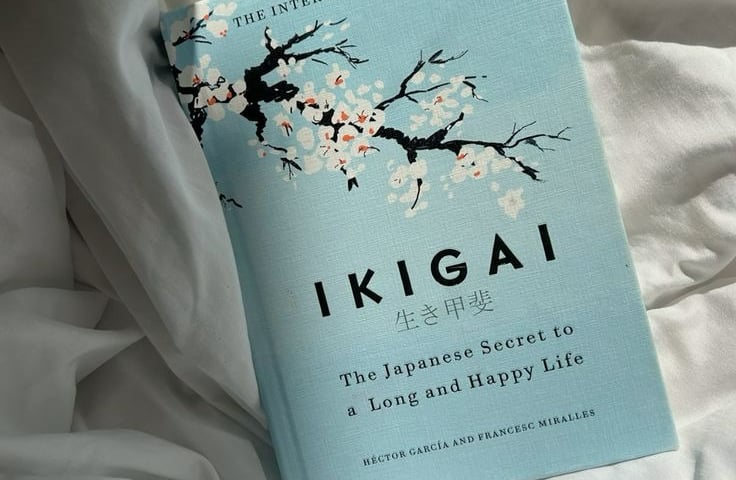Is Ikigai Worth Reading? A Reflection on the Japanese Secret to a Long and Happy Life
Discover the timeless wisdom of Ikigai, the Japanese philosophy of purpose and happiness. Explore whether this inspiring book is worth your time and how its lessons can guide you toward a more meaningful and balanced life.
ENTERTAINMENT INSIGHTS
deepita
1/17/20252 min read


Ikigai: The Japanese Secret to a Long and Happy Life by Héctor García and Francesc Miralles has captivated readers worldwide, offering a glimpse into the Japanese philosophy of finding purpose. But does the book truly live up to its hype, and is it worth adding to your reading list? Here’s a deep dive into what Ikigai offers and why it’s a book worth considering.
The concept of ikigai—a reason for being—resonates deeply with our innate desire to find purpose and meaning in life. The book explores how the people of Okinawa, Japan’s “island of longevity,” embody this principle in their daily lives. It combines insights from interviews, scientific research, and cultural practices to present a framework for discovering your own ikigai.
What makes the book appealing is its simplicity. The authors break down complex ideas into digestible sections, focusing on actionable takeaways. Readers are introduced to practices like staying active, eating well, building strong social ties, and embracing mindfulness—habits that contribute to a fulfilling life.
One of the standout aspects of Ikigai is its universality. While rooted in Japanese culture, its principles can be applied to any lifestyle. Whether you’re navigating a career, relationships, or personal growth, the book encourages you to reflect on what brings you joy, aligns with your skills, and benefits others.
However, some critics argue that the book oversimplifies ikigai, turning a profound concept into a checklist. While the anecdotes and tips are inspiring, they may not delve deeply enough for readers seeking a more comprehensive philosophical exploration. Additionally, those familiar with self-help literature might find the themes repetitive.
Despite these limitations, Ikigai is a worthwhile read for its gentle reminder to slow down and focus on what truly matters. It’s not a step-by-step manual to success but rather a source of inspiration to approach life with curiosity, gratitude, and balance.
If you’re looking for a light, thought-provoking read that encourages introspection, Ikigai is a great choice. Its insights might not transform your life overnight, but they could plant the seeds for meaningful changes. After all, the journey to discovering your purpose is as important as the destination itself.
Conclusion:
Ikigai is more than just a book—it’s an invitation to reconnect with the simple joys of life. While it may not provide all the answers, it opens the door to thoughtful reflection and encourages readers to cultivate a fulfilling existence. So, is Ikigai worth reading? Absolutely, especially if you’re on a quest to find your own reason for being.
